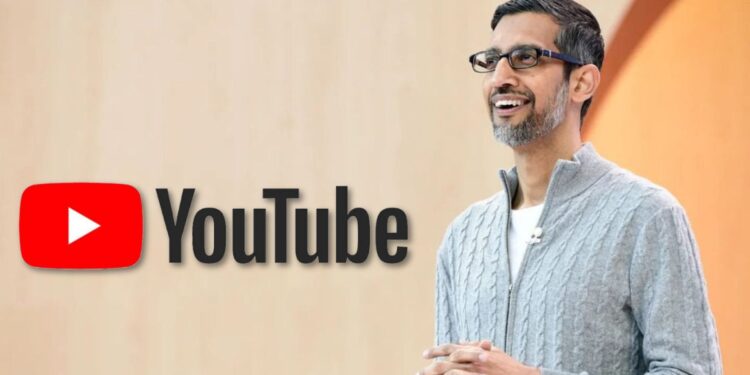Mumbai Court Issues Contempt Notice to Sundar Pichai Over YouTube’s Non-Compliance in Defamation Case
On November 21, an Additional Chief Judicial Magistrate’s Court at Ballard Pier in Mumbai issued a contempt notice to Google CEO Sundar Pichai after YouTube failed to comply with a court order to remove a defamatory video against Dhyan Foundation and its founder, Yogi Ashwini. The hearing is scheduled for January 3, 2025.
Background of the Case:
- Court Order (March 2023): The Additional Chief Metropolitan Magistrate of Ballard Pier directed YouTube to remove the video titled “Pakhandi Baba ki Kartut,” which Dhyan Foundation claimed was false, defamatory, and damaging to its reputation.
- YouTube’s Response: YouTube, owned by Google, argued that it was protected as an intermediary under the IT Act and that defamation was not valid ground under Section 69-A for content removal. It insisted that such issues be handled in civil rather than criminal courts.
Court’s Rebuttal:
The court dismissed YouTube’s legal defences, emphasizing that:
- The IT Act does not exclude criminal courts from handling matters related to content removal.
- The defamatory nature of the video was undisputed, and its continued availability could threaten public peace and order.
In its order, the court stated:
“Nowhere is it mentioned that criminal courts lack jurisdiction in such cases. Therefore, the application is maintainable.”
Concerns Over Public Order:
The court underscored the importance of removing content that could inflame public sentiment:
“Religious and organizational beliefs in India are sensitive. If such videos remain online, they could disrupt public order and security.”
Contempt Proceedings:
- October 2023: Dhyan Foundation filed a contempt petition, citing YouTube’s failure to act on the court’s takedown order.
- November 2024: The court notified Sundar Pichai, signalling potential consequences for non-compliance.
Broader Implications:
This case raises critical questions about the scope of intermediary liability under the IT Act and whether tech platforms like YouTube can claim blanket immunity. The upcoming hearing could set a precedent for balancing free speech, platform responsibility, and judicial intervention in India’s evolving digital landscape.
The court’s insistence on accountability highlights growing judicial scrutiny over tech giants and their role in regulating harmful content.

















